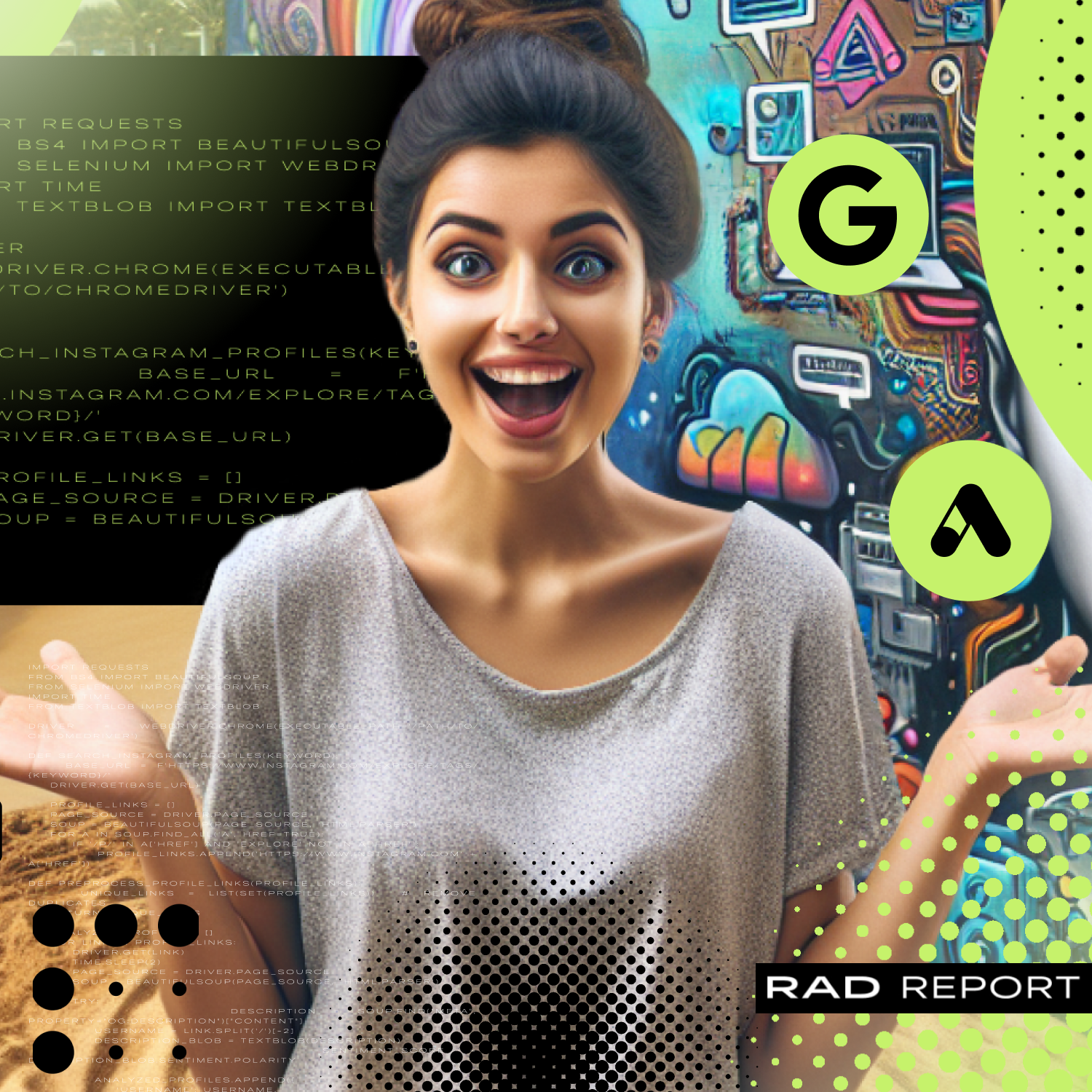Everyone is always searching for something. Whether it's a new recipe, a restaurant, a new outfit, or insight on a subject - as humans, our natural curiosity always has us searching for something. Since the dawn of online search, how we have searched has evolved dramatically.
The history of online search began in the early 1990s with the creation of the first web search engines like Archie and Veronica, which indexed FTP sites and text files, respectively. In 1994, Yahoo! revolutionized the field by organizing web pages into a directory, while Google, founded in 1998, transformed search with its PageRank algorithm that ranked pages based on relevance and link popularity. Over the years, online search has evolved tremendously with advancements in algorithms, artificial intelligence, and the integration of personalized and real-time search capabilities. Just look at Google as an example. During the Google I/O 2024 conference, Google unveiled several significant advancements in its Gemini AI search capabilities, including a new AI-powered search engine that integrates multi-step reasoning, planning, and video search features, including AI Overviews that summarize web content in response to complex queries.
However, in the midst of AI search, when brands and search experts alike are spending dollars to become searchable on AI-driven platforms, Google has announced that the old way of search is making a comeback. The company released a new 'web' setting for the search engine that will take you back to the glory days of Google Search in the year 2000, surfacing only a list of text-based links, meaning no images, no shopping results, and no AI-generated answers. The results will look like old-school Google. You get ten blue links, and that's it, with everything else (Google Maps, answer info boxes, etc) disabled.
We at RAD Intel have been getting asked a lot of questions about this new web setting and what it means for brand marketers. So, here are some of our top-line thoughts:
- Micro-Bloggers Will Make A Comeback: With text-based web searching back in action, we predict that the era of micro-bloggers that got phased out by social media platforms like Instagram and TikTok will make a return. These bloggers, who focus on niche topics and have loyal followings, will find new opportunities to shine as users seek detailed and specific information.
- Influencers Will Focus More On Quality Copywriting: As Google puts a higher optimization on text and copy in their search algorithm, expect influencers of all sizes to really focus on writing more SEO-informed copy. This means creating content that is optimized not just for the platform the influencer is writing for but also for Google search more broadly. High-quality, engaging, and informative writing will become a key factor in maintaining and growing their influence.
- Users Will Opt Into Web-Only Search: Expect users in droves to opt into this old-school way of searching, especially as the AI models being used today still haven't gained critical mass around trust. Considering that hallucination (when AI makes up answers) still remains a problem for AI models, even Google’s Gemini, many users will prefer the reliability of text-based search results. This trend will particularly appeal to those who value accuracy and authenticity in their search experiences.
The big takeaway for brand marketers who are looking at this update and asking themselves, "What does this mean for me and my brand?" is this: don’t sleep on great copywriting, blogging, and text-only content. Simply put, when a micro-moment happens, and a potential customer seeks insight or information to make an informed decision, great writing can still move the needle. Even when more young consumers are using platforms like TikTok as their primary search engine, the demand for high-quality text-based content remains significant. Brands that invest in strong, well-written content will be well-positioned to capture the attention and trust of these discerning consumers.

